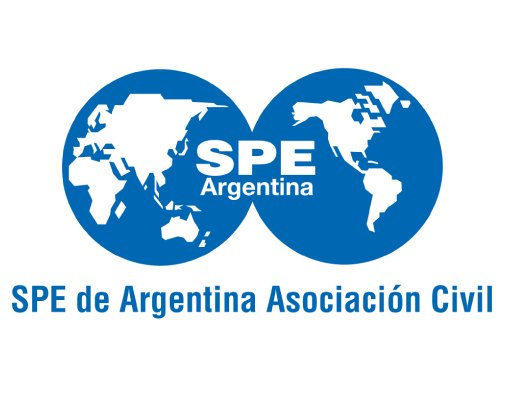FECHA: Martes 17 de diciembre, 2024 a las 12:00 h (GMT -3)
Expositor: PALLAV SARMA, PhD – Co-Founder and CTO, Tachyus
Modalidad: Virtual – Evento no arancelado – Plataforma Teams
Informes e inscripción: AQUÍ
.
RESUMEN DE LA CONFERENCIA
In traditional reservoir management, various types of predictive models have been applied over the years for either qualitative or quantitative optimization of various reservoir management decisions. Such models range from the simple analytical (type-curves, etc.) and machine models to the very complex reservoir simulation models. However, such tools are either too complex and time consuming to build and use or lack predcitive capacity to be used reliably for large scale quantitative optimization. As such, there is a significant opportunity to enhance traditional reservoir management with new quantitative tools and technologies that allow integration of all kinds to data to create accurate predictive models while significantly reducing the cycle time from data to decisions. This work describes a unique modeling approach termed Data Physics. Data Physics is the amalgamation of the state-of-the-art in machine learning and the same underlying physics present in reservoir simulators. These models can be created as efficiently as machine learning models, integrate all kinds of data, and can be evaluated orders of magnitude faster than full scale simulation models, and since they include similar underlying physics as simulators, they have good long term predictive capacity. We present applications of Data Physics models to a complex waterflood field in Argentina, wherein, the injectant is redistributed to maximize/minimize multiple objectives. A significant increase in actual incremental oil production and reduction in operational cost is demonstrated. Additonal applications to infill drilling optimizationa and subsurface back allocation are also discussed.
.
Bio
Pallav Sarma: Dr. Pallav Sarma is Co-Founder and CTO at Tachyus responsible for the modeling and optimization technologies underlying the Tachyus platform. He is a renowned expert in closed-loop reservoir management, with multiple patents and papers on various topics including simulation, optimization, data assimilation and machine learning. He has many years of research experience in the oil and gas industry working for Chevron and Schlumberger prior to Tachyus. He has received many awards including the INFORMS Prize, the Dantzig Dissertation award from INFORMS, Miller and Ramey Fellowships at Stanford University, Chevron’s Excellence in Reservoir Management award, and a SIAM award for excellence in research. He holds a Ph.D. in Petroleum Engg., a Ph.D. Minor in Operations Research from Stanford University and a B.Tech from Indian School of Mines. He is a SPE Distinguished Lecturer and serves on the committees of the SPE Reservoir Simulation Conference, the EAGE European Conference on the Mathematics of Oil Recovery and the JPT editorial committee.
.

